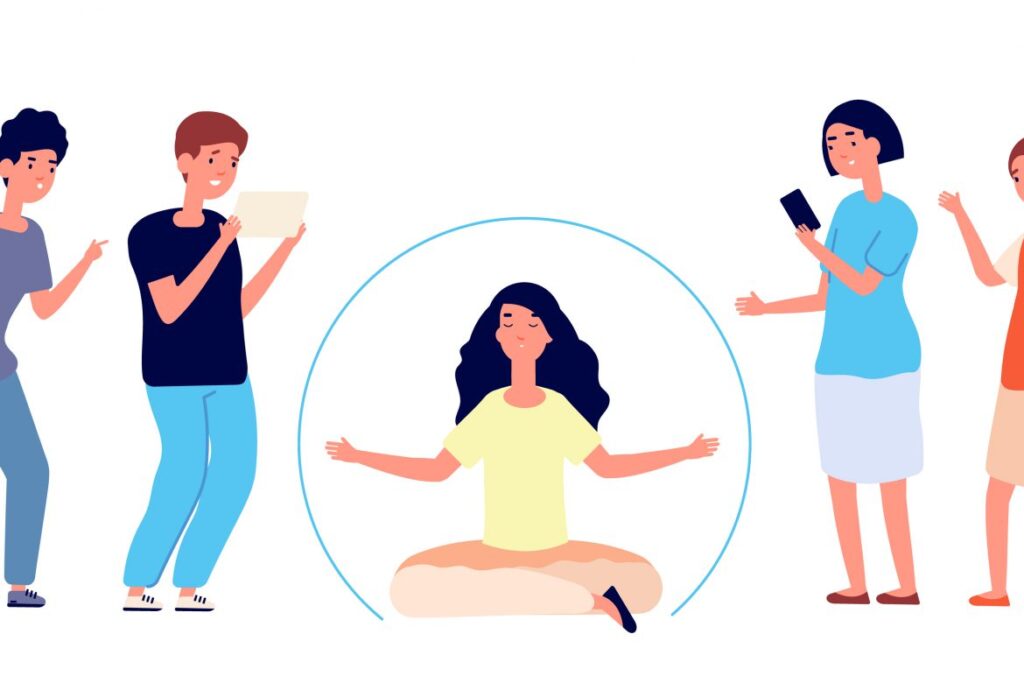In our fast-paced world, the pressure to constantly say “yes” can be overwhelming. We juggle work demands, social obligations, and personal commitments, often feeling stretched thin. But the truth is, saying “no” isn’t selfish – it’s a crucial skill for protecting your time, energy, and well-being. Mastering the art of saying no empowers you to prioritize yourself and live a more fulfilling life.
Why Boundaries Matter
Imagine your time and energy as a finite resource. Every “yes” you give chips away at that resource. Without boundaries, we risk burnout, resentment, and feeling constantly overwhelmed. Setting boundaries, however, offers numerous benefits:
- Prioritizes self-care: Saying “no” creates space for activities that replenish your energy and nurture your mental and physical health.
- Focus on what truly matters: When we learn to decline less important requests, we can dedicate our energy to the things that hold true value in our lives.
- Improves relationships: Clear boundaries foster healthier relationships by promoting open communication and realistic expectations.
- Boosts self-esteem: Setting boundaries shows self-respect and strengthens your sense of control over your life.

Saying No with Confidence
Saying “no” doesn’t have to be complicated or awkward. Here are some tips to help you master this art:
- Be clear and direct: A simple “no, thank you” is perfectly acceptable. You don’t owe an explanation.
- Offer an alternative (optional): If appropriate, suggest another time or way to contribute.
- Focus on your needs: Phrases like “I need some time for myself” or “I don’t have the capacity right now” are honest and direct.
- Set boundaries with kindness: Be assertive but respectful. You can disagree without being disagreeable.
- Practice makes perfect: The more you practice saying “no,” the easier and more comfortable it becomes.
Remember, you are not responsible for managing other people’s feelings. By prioritizing your well-being and setting boundaries, you empower yourself to live a healthier, happier life.

Here are some situations to consider
- Anticipate situations where you might need to say “no.” This allows you to formulate a response in advance.
- Don’t be afraid to say “no” to people you care about. Healthy relationships respect boundaries.
- Saying “no” doesn’t have to be permanent. You can always revisit a situation at a later time.
Conclusion: The Power of Saying No Lies Within You
Saying “no” might seem like a small act, but its impact on your life can be profound. By setting boundaries and prioritizing your well-being, you create space for what truly matters and pave the way for a more fulfilling existence. Remember, the power to control your time and energy lies within you. Don’t be afraid to use the simple yet powerful word “no” to empower yourself and create the life you deserve.



